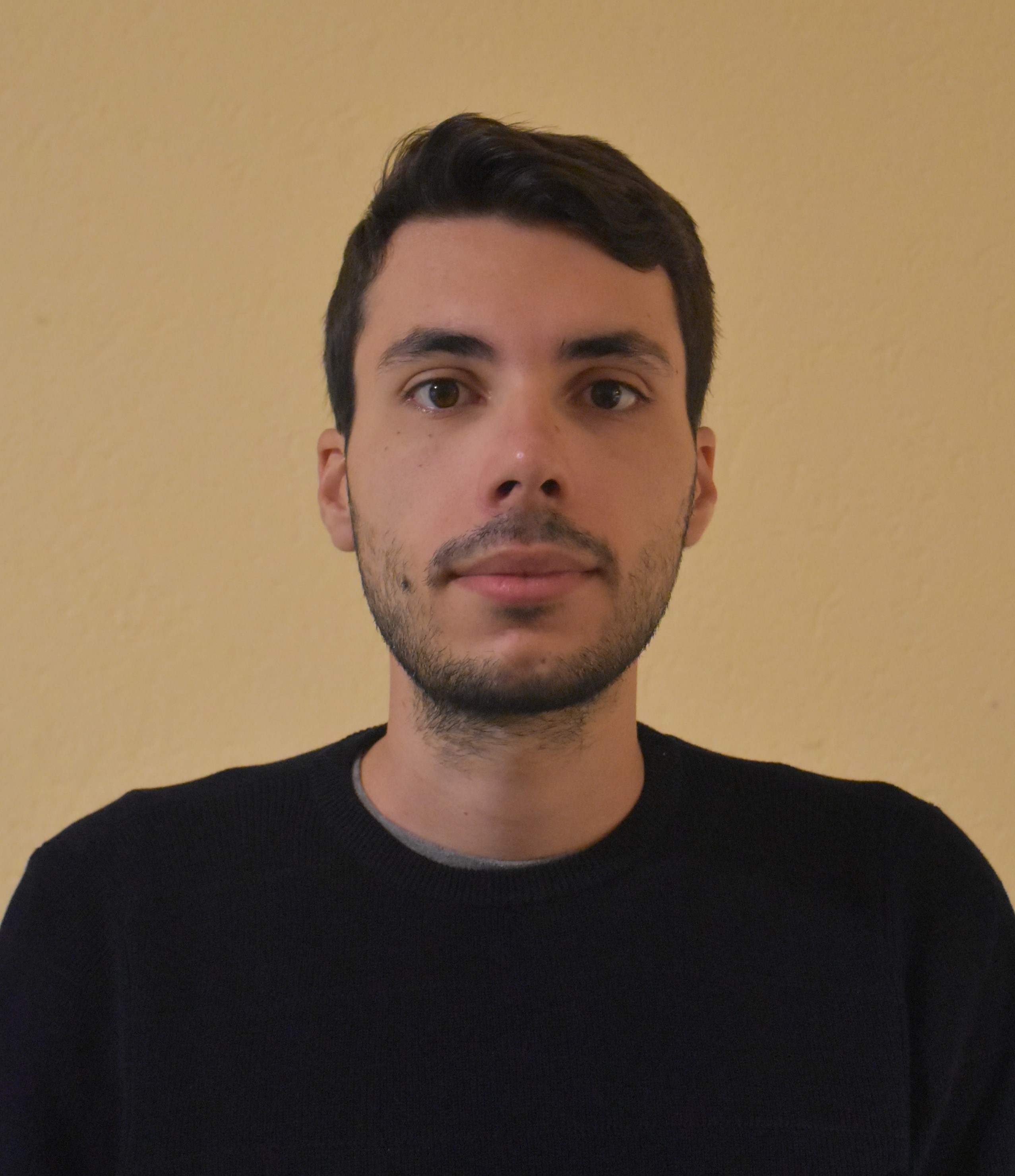|
Home Page
People
Research Areas
Publications
Events
Projects
Teaching
Spin-Off
|
|
|
--
--
Biography
Marco Toldo is a third year PhD student at the Department of Information Engineering of the University of Padua.
He received his BS in Information Engineering and MS in ICT for Internet and Multimedia (both with honors) from the University of Padua respectively in 2017 and 2019.
He also did an 8-month internship as Research Engineer at Samsung Research UK in 2021.
His research activities include unsupervised domain adaptation and continual learning applied to the computer vision field.
Research interests
His research interests are:
-
Unsupervised Domain Adaptation
-
Continual Learning
-
Semantic Segmentation
Publications
-
M. Toldo, M. Ozay,
Bring Evanescent Representations to Life in Lifelong Class Incremental Learning,
Conference on Computer Vision and Pattern Recognition (CVPR), 2022.
-
A. Maracani, U. Michieli, M. Toldo and P. Zanuttigh,
RECALL: Replay-based Continual Learning in Semantic Segmentation,
International Conference on Computer Vision (ICCV), 2021.
-
F. Barbato, M. Toldo, U. Michieli, P. Zanuttigh,
Latent Space Regularization for Unsupervised Domain Adaptation in Semantic Segmentation,
Conference on Computer Vision and Pattern Recognition Workshops (CVPRW), 2021.
-
M. Toldo, U. Michieli, P. Zanuttigh,
Unsupervised Domain Adaptation in Semantic Segmentation via Orthogonal and Clustered Embeddings,
Winter Conference on Applications of Computer Vision (WACV), 2021.
-
M. Toldo, A. Maracani, U. Michieli, P. Zanuttigh,
Unsupervised Domain Adaptation in Semantic Segmentation: A Review,
Technologies, 2020.
-
T. Spadotto, M. Toldo, U. Michieli, P. Zanuttigh,
"Unsupervised Domain Adaptation with Multiple Domain Discriminators and Adaptive Self-Training",
International Conference on Pattern Recognition (ICPR), 2020
-
M. Toldo, U. Michieli, G. Agresti and P. Zanuttigh,
"Unsupervised Domain Adaptation for Mobile Semantic Segmentation based on Cycle Consistency and Feature Alignment ",
Elsevier Image and Vision Computing (IMAVIS), 2020.
|
|
